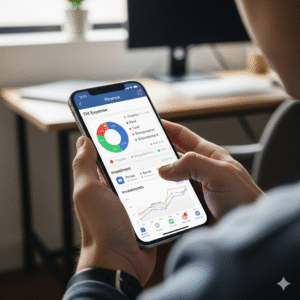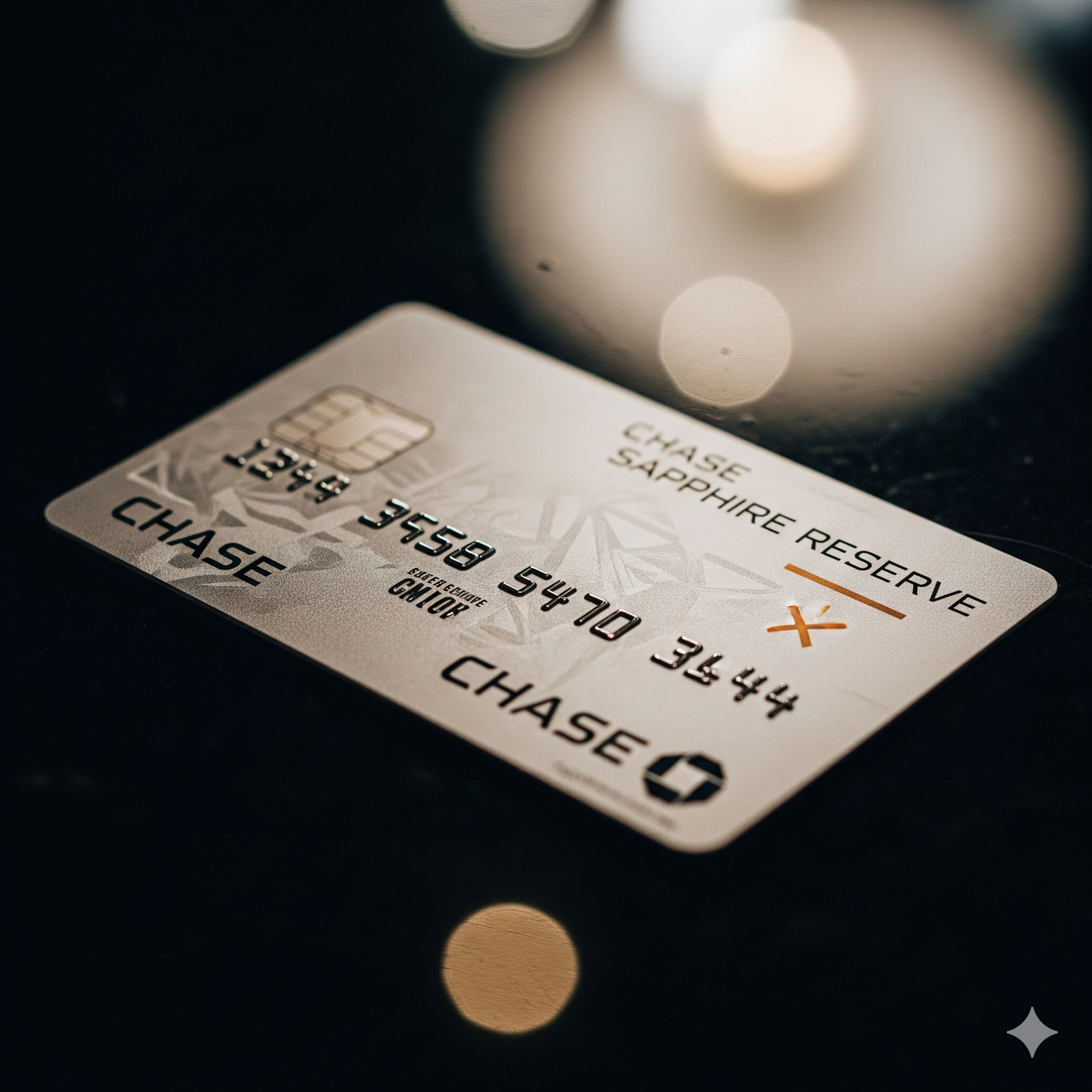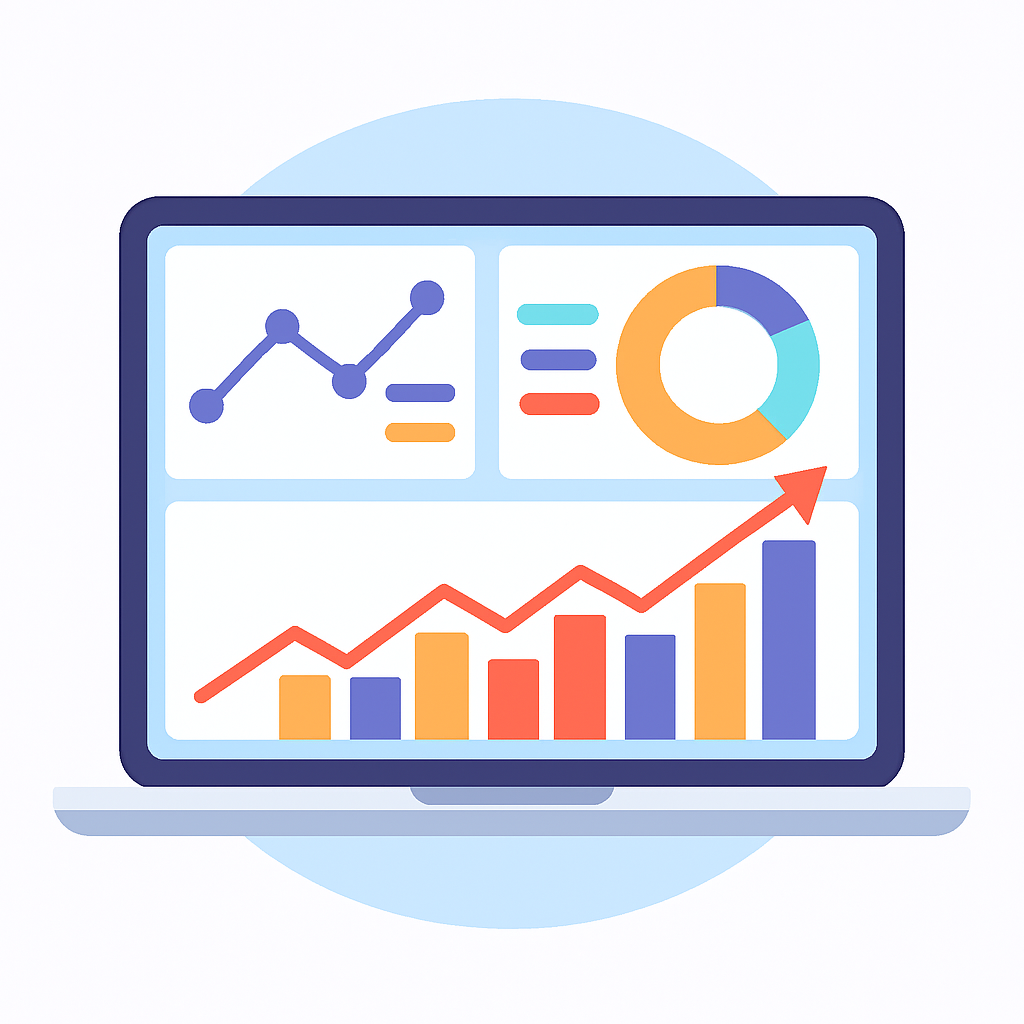Feeling overwhelmed by a mountain of debt spread across multiple credit cards, each with its own due date and jaw-dropping interest rate? You’re not alone. In this situation, the idea of taking out a single, new loan to wipe out all those other balances can sound like a financial life raft. This strategy, known as debt consolidation, is a powerful tool that has helped millions of Americans regain control of their finances.
But is it always the right move? While a debt consolidation loan can be a brilliant strategy to save money and simplify your life, it’s not a magic wand. For some, it can be a counterproductive step that leads to even more financial trouble.
This in-depth guide will explore the good, the bad, and the ugly of using a loan to pay off debt. We will arm you with the knowledge to make an informed decision, showing you how to do the math, understand the psychological component of debt, and choose the right path for your specific situation.
What is Debt Consolidation and How Does It Work?

At its core, debt consolidation is the process of taking out one new loan to pay off multiple existing debts. The goal is to combine your various balances into a single loan, ideally with a lower interest rate than what you were paying on your original debts.
Imagine you have the following debts:
- Credit Card A: $5,000 at 22% APR
- Credit Card B: $3,000 at 19% APR
- Store Card C: $2,000 at 25% APR
You would be juggling three different payments and battling high, variable interest rates that make it difficult to pay down the principal. To consolidate, you would apply for a single personal loan of $10,000. If you’re approved at, say, 11% APR, you would use that $10,000 to pay off all three cards immediately.
Now, instead of three high-interest payments, you have just one predictable monthly payment on your new loan at a much lower, fixed interest rate. This simplifies your finances and, more importantly, can save you a significant amount of money.
The Upside: When a Consolidation Loan is a Great Idea
When used correctly, a debt consolidation loan can be a game-changer for your financial health. Here are the most significant benefits.
You’ll Save a Ton of Money on Interest
This is the number one reason to consolidate debt. High-interest debt, particularly from credit cards, can feel like running on a treadmill. You make payments each month, but the balance barely budges because most of your money is being eaten up by interest charges. By securing a new loan with a lower Annual Percentage Rate (APR), you ensure that a much larger portion of your monthly payment goes toward paying down the actual principal. This not only saves you money but accelerates your journey to becoming debt-free.
You Get One Simple, Predictable Payment
Managing multiple due dates, minimum payments, and interest rates is stressful and confusing. It’s easy to miss a payment by accident, leading to late fees and damage to your credit score. Consolidation streamlines your financial life. You’ll have one lender, one due date, and one fixed monthly payment. This predictability makes budgeting far easier and reduces financial anxiety.
You Get a Clear End Date for Your Debt
Unlike credit cards, which can keep you in debt indefinitely as long as you make minimum payments, a consolidation loan is typically an installment loan. This means it has a fixed repayment term (e.g., 36, 48, or 60 months). From the day you sign the loan documents, you know the exact date you will be completely free of that debt. This clear finish line can be an incredibly powerful motivator.
You Can Improve Your Credit Score
While taking on a new loan might seem counterintuitive for your credit, consolidation can help in the long run. First, paying off your credit cards will drastically lower your “credit utilization ratio”—the amount of revolving credit you’re using compared to your total limits. This is a major factor in your credit score. Second, making consistent, on-time payments on your new installment loan will build a positive payment history, further boosting your score over time.
The Downside: Potential Risks and When to Be Cautious

Debt consolidation is a tool, not a cure-all. If you’re not careful, it can backfire and leave you in a worse position than where you started.
It Doesn’t Solve the Root Problem
This is the most critical risk. A loan can fix the math of your debt, but it can’t fix the habits that created the debt in the first place. If you consolidate your credit cards but don’t address the underlying issues with overspending, you run the very real risk of racking up new balances on those freshly paid-off cards. This is a dangerous trap that leaves you with both the new consolidation loan and new credit card debt.
You Could End Up Paying More Over Time
This sounds contradictory, but it can happen if you’re not careful. Some lenders may offer you a loan with a lower monthly payment by extending the repayment term significantly. While a smaller payment provides immediate budget relief, a much longer term (e.g., 7 years vs. 3 years) could mean you end up paying more in total interest, even if the rate is lower. Always compare the total cost of the loan, not just the monthly payment.
Upfront Fees Can Eat Into Your Savings
Many personal loans come with an “origination fee.” This is a one-time charge for processing the loan, typically ranging from 1% to 8% of the total loan amount. The fee is usually deducted from the loan proceeds before you receive them. For example, if you’re approved for a $10,000 loan with a 5% origination fee, you will only receive $9,500. You must factor this cost into your calculations to ensure the interest savings still make the loan worthwhile.
You May Be Tempted by a Secured Loan
If your credit isn’t great, you might only be approved for a secured loan, like a Home Equity Loan or HELOC. These loans require you to put up an asset as collateral—in this case, your house. While they often come with very low interest rates, they introduce a massive risk. If you fail to make payments on your consolidation loan, the lender can foreclose on your home. You are turning unsecured debt (like credit cards) into secured debt.
Do the Math: How to Know if Consolidation Will Save You Money
Don’t rely on gut feelings. You need to run the numbers. Follow these steps:
- List All Your Debts: Create a spreadsheet and list each debt you want to consolidate. For each one, write down the current balance, the APR, and the minimum monthly payment.
- Calculate Your Weighted Average APR: This will give you a single number representing your current interest rate across all debts. You can use an online calculator or follow a simple formula to determine this. This is your target to beat.
- Get Pre-Qualified for a New Loan: Shop around with online lenders, banks, and credit unions to get pre-qualified offers. This will give you a realistic idea of the loan amount, APR, and term you can get without impacting your credit score.
- Compare the Total Cost: Once you have a loan offer, look at the total cost. Let’s say you want to consolidate $15,000 in credit card debt.
- Current Debt: Your average APR is 21%.
- New Loan Offer: A 5-year loan for $15,000 at 12% APR, with a 3% origination fee ($450).
- The Calculation: Even with the origination fee, the new loan at 12% is substantially cheaper than the 21% you are currently paying. You would save thousands in interest over the five years. In this case, consolidation is a clear financial win.
What Are the Best Loan Options for Debt Consolidation?

You have several options when it comes to a consolidation loan. The best one for you depends on your credit score, the amount of debt you have, and your comfort with risk.
1. Personal Loans
This is the most common and often the best option. A personal loan is unsecured (no collateral required), has a fixed interest rate, and a fixed repayment term.
- Pros: Predictable payments, unsecured, competitive rates for good credit.
- Cons: May have origination fees, requires a good credit score for the best rates.
2. Balance Transfer Credit Cards
These cards often offer a 0% introductory APR for a period of 12 to 21 months. You transfer your high-interest balances to the new card and pay them off interest-free during the promotional period.
- Pros: A true 0% interest rate can save you a lot of money.
- Cons: You need a high credit score to qualify. There is usually a balance transfer fee (3-5%). Most importantly, if you don’t pay off the entire balance before the promotional period ends, the remaining balance will be subject to a very high standard interest rate.
3. Home Equity Loans or HELOCs
If you’re a homeowner with significant equity, you can borrow against it. A home equity loan provides a lump sum, while a Home Equity Line of Credit (HELOC) acts like a credit card you can draw from.
- Pros: Often have the lowest interest rates because they are secured by your home.
- Cons: You are putting your home at risk. The application process is longer and involves more fees, similar to a mortgage.
The Bottom Line: A Tool, Not a Miracle

So, is it worth getting a loan to pay off debt?
The answer is a resounding yes, but only if:
- You can secure a new loan with a lower interest rate than the weighted average of your current debts, even after accounting for any fees.
- You are 100% committed to changing the spending habits that led to the debt in the first place. Create a budget, track your spending, and cut up the old credit cards if you have to.
A debt consolidation loan is your chance to hit the reset button. It provides a clear, structured, and cheaper path out of debt. By combining this powerful financial tool with a renewed commitment to responsible financial habits, you can transform a stressful burden into a manageable plan for a debt-free future.







